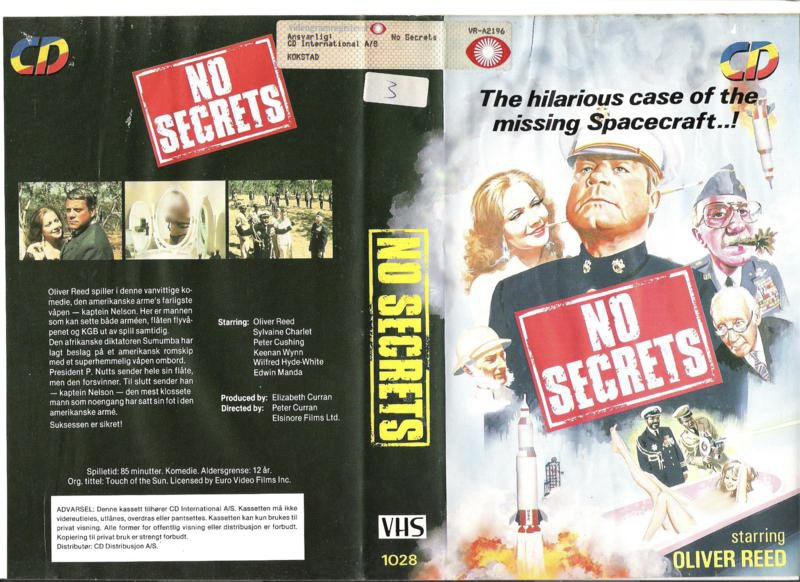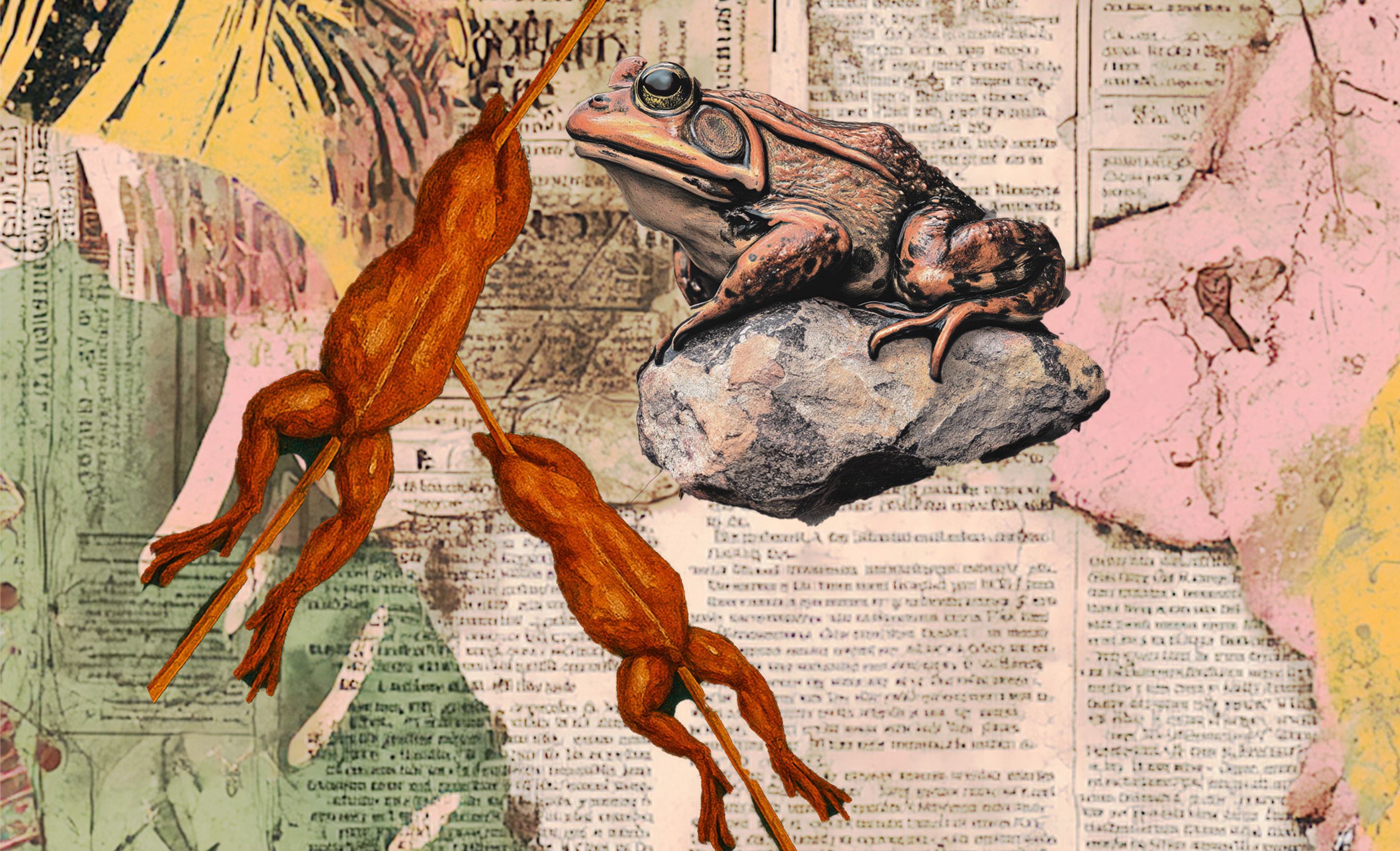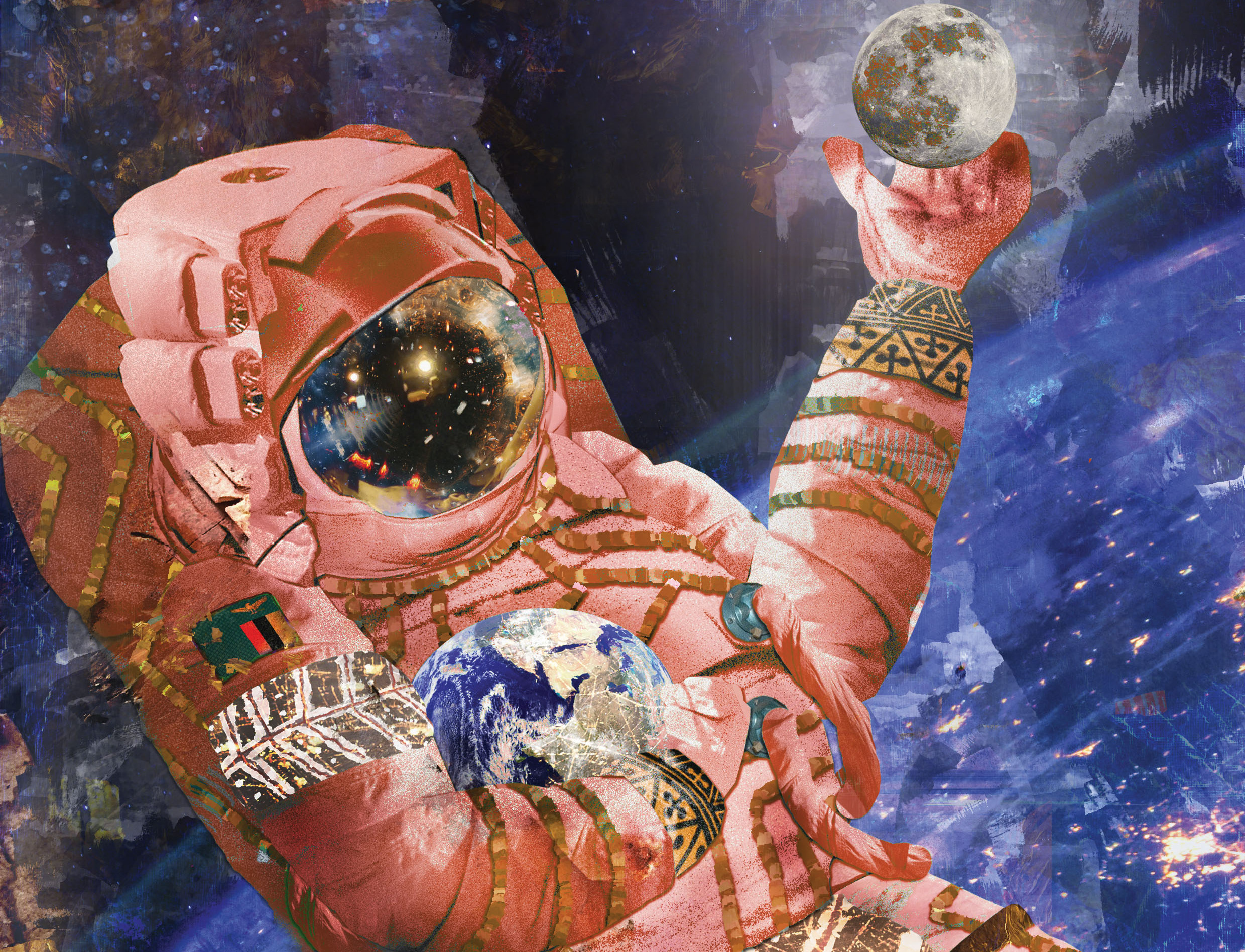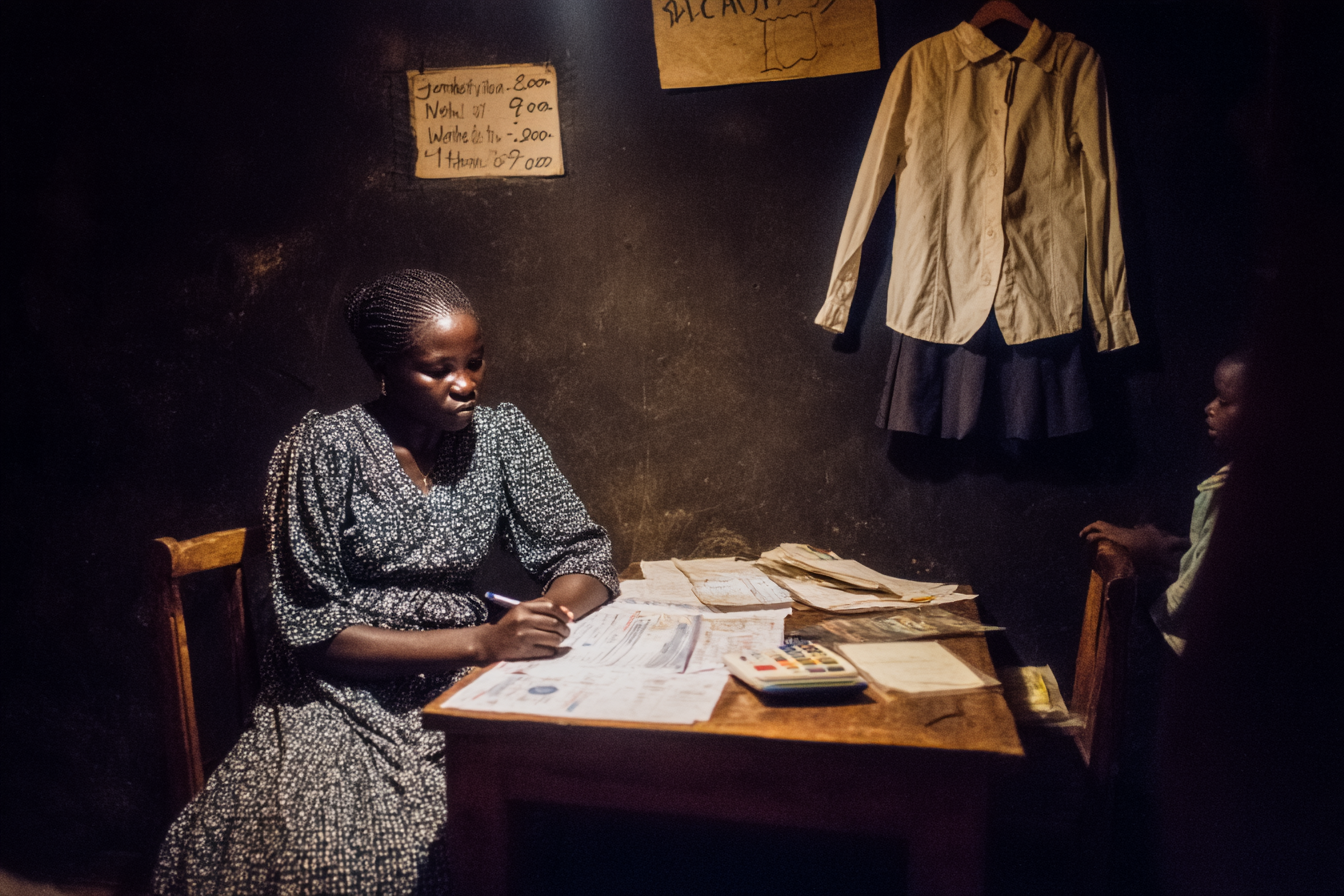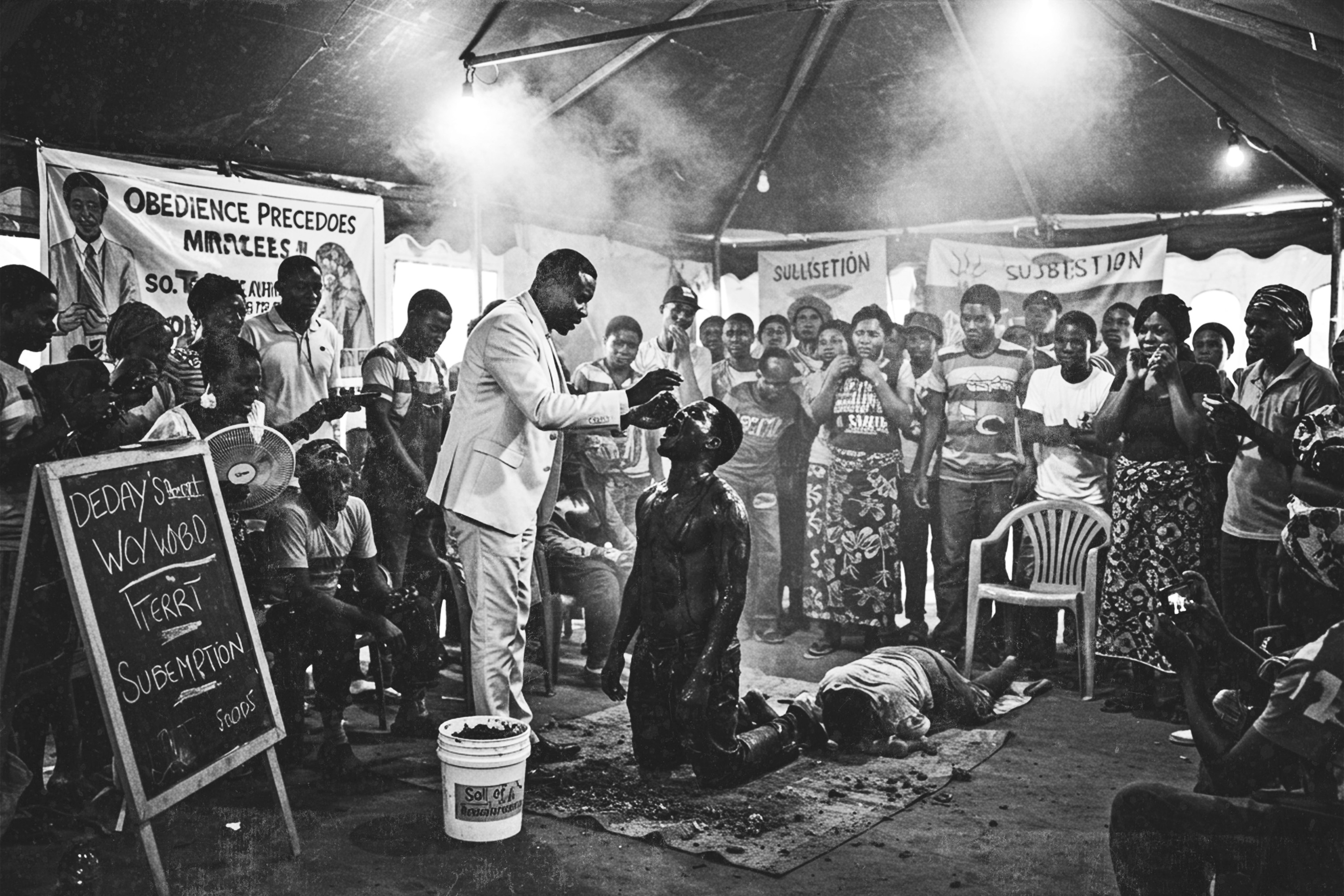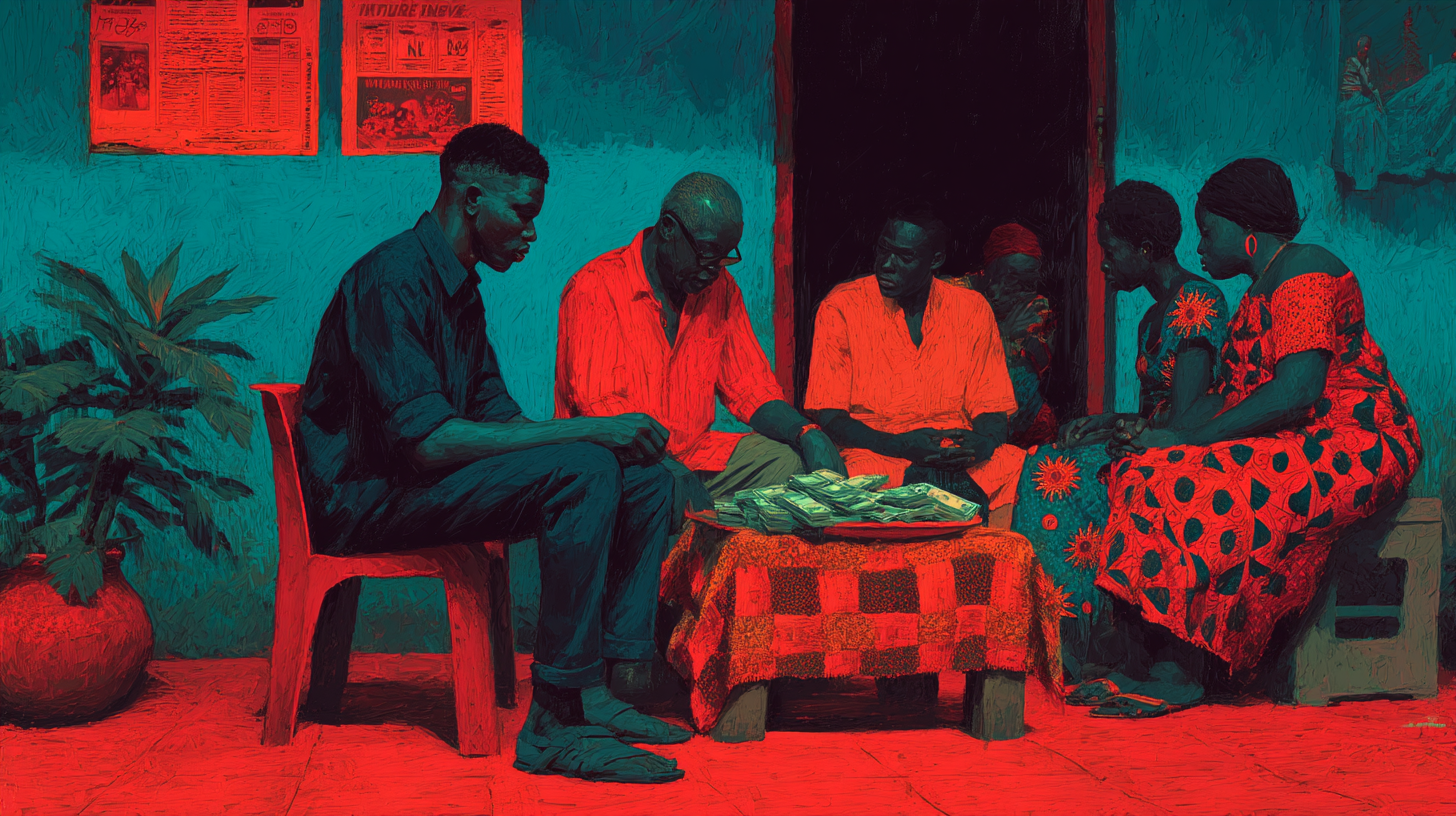In 1979, Hollywood stars landed in Lusaka to make cinema history with local actors. The result was brilliant, terrible, and Zambian all at once. This ambitious international collaboration became a beloved local cinema staple while flopping abroad. Explore why this uniquely Zambian production, shot just 15 years after independence, meant everything to local audiences despite brutal critics' reviews and Oliver Reed's on-screen drinking problems.
The Making of A Touch of the Sun
In 1979, Lusaka welcomed Hollywood legends and local stars alike. Actors from film classics like Oliver, My Fair Lady, and Star Wars joined Zambian talents such as Edwin Manda and A.M Phiri to create A Touch of the Sun (1979), the first international film shot in newly independent Zambia.
Viewers instantly recognise Zambian landmarks transformed into movie magic. Viewers spot the striped curbs of Mulungushi International Conference Centre, the blue pool of Intercontinental Hotel, and the gardens of Munda Wanga. Every day, Zambian scenes gained cinematic shine. While the film became a local cinema staple, its international presence waned. Abroad, as No Secrets, it reached British TV only 16 years later.
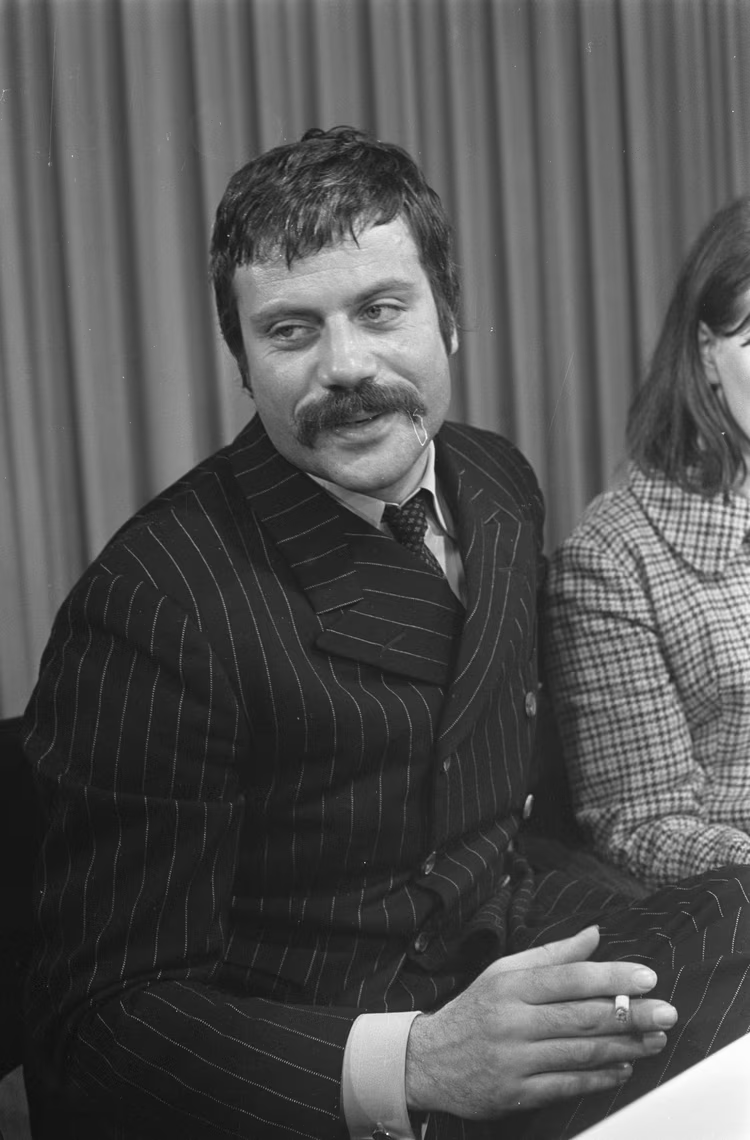
Critics panned the film. Radio Times Guide to Films gave it just 1 out of 5 stars. Despite Oliver Reed, Peter Cushing, and Wilfrid Hyde-White in the cast, their talent could not save the film. Letterboxd reviews call it “unreleasable” and “unwatchable,” and it is hard to find online. For those who do watch director Peter Currans’ film, its flaws become clear: the graphics and editing are weak. Still, the plot remains the film’s heart.
Why Critics Hated Zambia's First International Film
The plot centres around Emperor Sumumba, the dictator of a fictitious African nation, who gains control of a wayward American Space Capsule and demands a hefty ransom for its return. The original general sent on the mission is put out of commission by the feminine wiles of an often nude russian spy. It is then up to the ill-equipped Captain Daniel Nelson to attempt to retrieve it. Along the way, viewers meet a flamboyantly gay Tarzan and a British Commissioner who, unaware that World War 2 is long over, lives with a seemingly stereotypical African tribe who dress and act modernly the moment he turns his back.
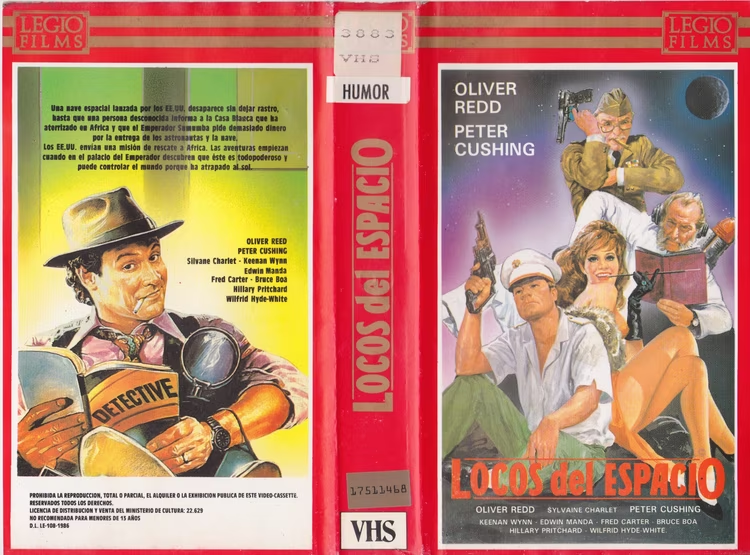
The real entertainment comes from watching everything go wrong on camera. Oliver Reed, who plays Captain Daniel Nelson, was as well known throughout Hollywood for his talent as he was for his drinking, and there exist many anecdotes about just how skilled he was in keeping his liquor down - including one where he drank 106 pints of beer on a two-day binge before his wedding. In A Touch of the Sun, there are brief but undeniable moments where Oliver’s character holds the red face and the slurred tone of a person inebriated. Other strange scenes include visible switches to stunt doubles, the russian spy and seductress getting out of her foam-filled bath to answer a telephone call, and by the time she picks up the receiver, she is suddenly foamless and wearing flip-flops. And when Captain Nelson is drowning and rescued, he appears on the land perfectly dry.
What the Film Meant to 1979 Zambia
However, when one gets lost in the clouds of criticism, it is easy to forget what the film meant to Zambians at the time. Shot just 15 years after independence, when the country itself was still in its adolescence, the film offered a rare chance for Zambians to see themselves on the big screen. While modern audiences may find certain portrayals racist, director Peter Curran stressed that the leading man was Zambian and that 300 Zambians were cast in a single scene. He also described his intent as a satire of colonialism, most evident in the gag of the so-called ‘native tribe’ outsmarting the British commissioner the moment his back was turned.
Edwin Manda, who played Emperor Sumumba and whom director Peter Curran once described as “possibly the next big star in the world,” shared similar sentiments. For him, the novelty lay in portraying Africans with access to space-age technology: “Normally when you have these plays featuring us, Africans, they give you a part like one tribe fighting against another in the bush, but never something ultra-modern like this advanced technology which is ahead instead of behind time-wise.”
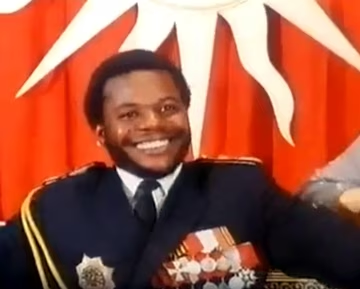
That statement makes one think of the Zambian cast as a whole. Performers whose talent was undeniable, but whose careers were limited by geography rather than ability. Edwin Manda, despite being hailed as potentially "the next big star in the world," left behind a nearly non-existent record, which finding photos of him today proves nearly impossible - a stark reminder of how many talented African actors disappeared into obscurity. Today, Zambia is only beginning to reach new cinematic heights, with films like On Becoming a Guinea Fowl (2024) winning awards at Cannes and earning critical acclaim.
It has been a long journey from Touch of the Sun to this point, one that took decades, and sadly, most of the cast did not live long enough to witness it. Yet regardless of its uneven reception or harsh reviews, A Touch of the Sun gave Edwin Manda the chance to wear the robes of an emperor, a role worthy of his talent. Love it or hate it, the film placed him closer to the heat of Hollywood than most Zambian actors of his time would ever get and proved he was more than ready for it.
